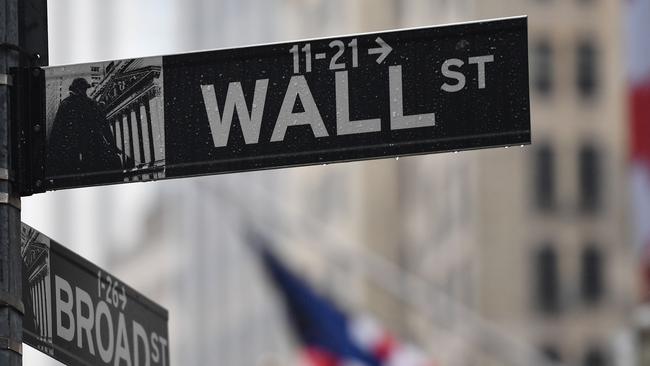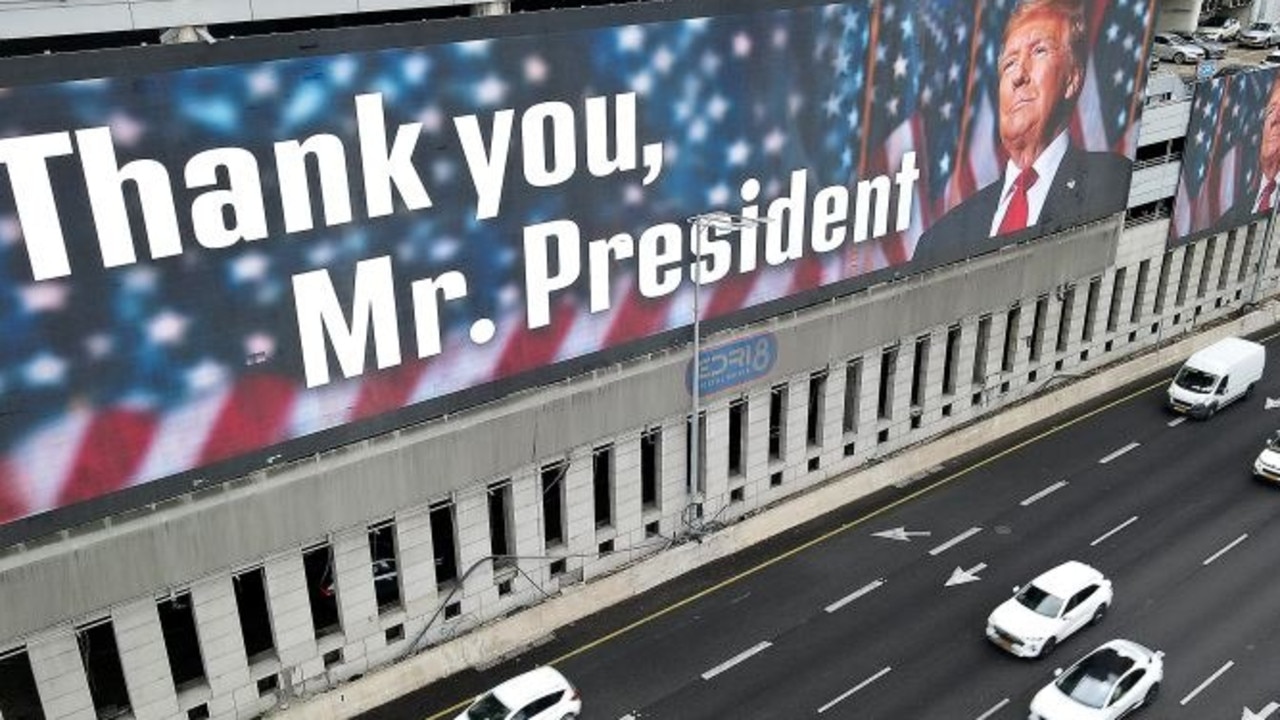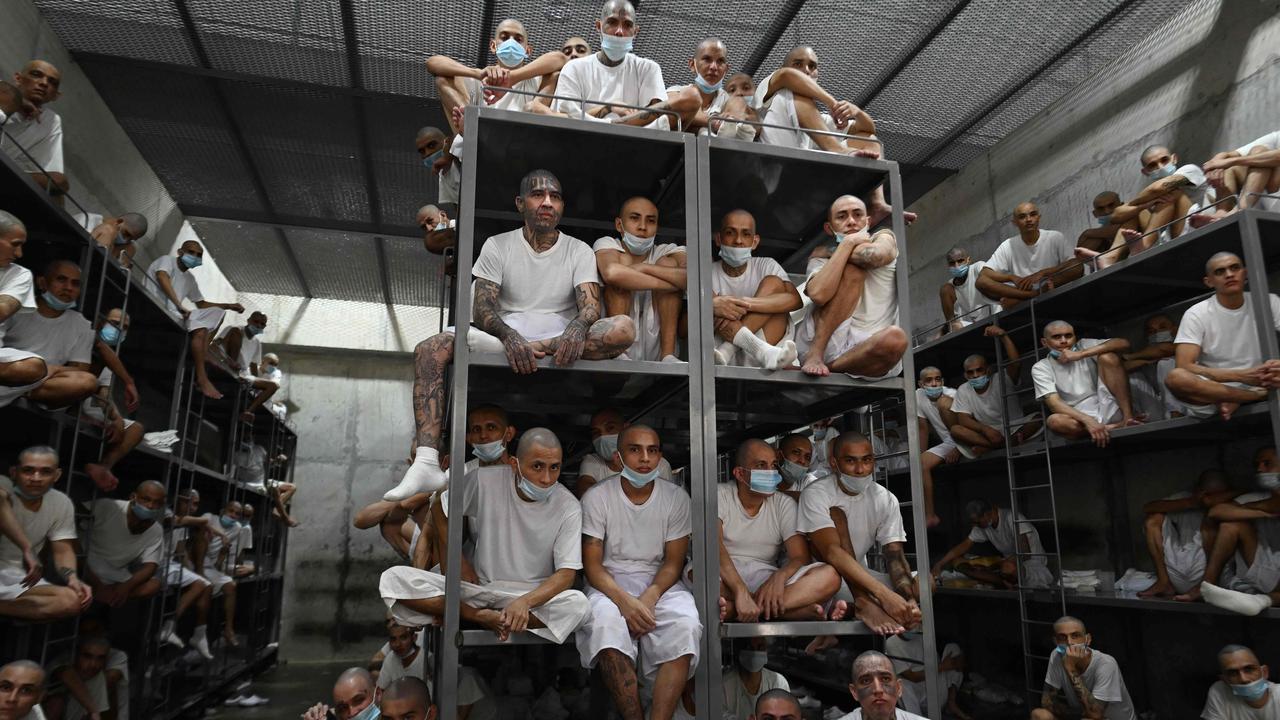Wall Street finishes best week since April
Despite a flat finish Friday, investors back the prospect of a divided government, which makes sweeping overhauls less likely.

Wall Street surged this week as investors around the country angled to position for the outcome of the 2020 elections, a blockbuster stretch that has put major indexes on track for the best week since April.
The results of the races have been rippling through financial markets, igniting a stock rally, driving bets in derivatives while stoking moves across the bond market, from corporate debt to Treasurys and municipals. Even bitcoin prices have rallied to heights not seen in more than two years.
For months, investors had positioned for a jolt of volatility around the presidential contest and sketched out countless scenarios for how individual stocks and sectors would react to the final outcome, with many anticipating a Democratic sweep in Congress and the White House.
Many of these projections fell flat, and stocks soared anyway. For the most part, investors said they were relieved that it didn’t appear the outcome of the election would be mired in uncertainty for as long as they had initially feared.
As votes continued to be counted for a fourth day, it grew likelier that there would be a clear winner to the contest, with former Vice President Joe Biden inching closer to securing the required electoral votes.
And investors warmed to the prospect of a divided government, which made sweeping overhauls of the tax code or regulations less likely.
“Let’s say in the middle of December … you still don’t know who the president is,” said Maneesh Deshpande, head of US equity strategy at Barclays. “Anything that avoids that is a good thing.”
Though US stocks wavered on Friday, finishing near flat, the S&P 500 and Dow Jones Industrial Average gained 7.3 per cent and 6.9 per cent for the week, respectively. The tech-heavy Nasdaq Composite enjoyed a 9 per cent weekly gain.
The rally – which put the S&P 500 and Nasdaq within a hair of their early-September highs – has been dramatic along the way as market volatility has rapidly collapsed.
The tech-heavy Nasdaq Composite logged its first back-to-back moves of at least 2 per cent for the first time since February 2016. Meanwhile, the S&P 500 rose at least 1 per cent for four consecutive days, something that has happened only three times previously in data going back to 1938, according to Instinet.
Stock markets around the world also have sprung higher. The Stoxx Europe 600 logged its biggest weekly gain since June. In Asia, the Shanghai Composite finished the best week since July, while the Nikkei 225 had its best weekly gain since May.
The election results and instantaneous reactions that rippled through the stock market – both in overnight trading and subsequent days – highlight the challenges investors face in trying to predict both political and market outcomes.
Four years ago, many projected a win for Democratic candidate Hillary Clinton, and some even warned of a market tumble if President Trump was elected. Instead, the stockmarket plunge lasted a few hours in overnight trading and stocks rallied in following months.
This time, many were bracing for extreme volatility around the election and some investors predicted a Democratic sweep, optimistic that a giant fiscal rescue package could buoy the economy and boost shares of cyclical companies that would benefit from such a deal. That hasn’t come to fruition, and investors quickly unravelled bets on corners of the market that were poised to benefit from such a deal.
The moves rippling through markets have caught some investors off guard, especially after weeks of polling data suggested a different outcome. Some traders said the rapid reversal and rally in the stock market this week has been turbocharged by investors unwinding bearish bets placed ahead of the election. Investors dumped stocks ahead of the election, sending the S&P 500 to the worst week ahead of a presidential election on record.
Yields on corporate investment-grade debt have dropped this week as bond prices have risen, FactSet data show. Meanwhile, prices on municipal bonds issued by states and local governments have swung as the prospect of a giant package that would help municipalities crushed by the impact of the coronavirus pandemic has grown murkier.
“We were surprised by the swiftness and magnitude of the [bond] move. We considered the current outcome to be the worst case scenario for the market,” wrote BNP Paribas analysts in a note to clients on Friday. “The market is clearly looking through short-term risks and focusing on the medium-term positives.”
As investors looked ahead to a clear winner to the election and jumped into the stock market, some wildly popular – and risky – trades also roared back. Bitcoin prices rallied, crossing the $US15,000 threshold for the first time since January 2018. Traders bought derivatives tied to the Cboe Volatility Index, or VIX, that would profit if volatility fell even further. The gauge has plummeted this week to 25.32 in recent trading.
In addition to a clearer outlook on the election, fresh data on the economy also was encouraging this week. Stock futures pared their losses early Friday after the latest jobs report showed hiring picked up last month at a stronger pace than expected. The unemployment rate fell to 6.9 per cent in October, better than the 7.7 per cent figure economists surveyed by The Wall Street Journal had forecast. The US economy added 638,000 jobs in October, more than the 530,000 projected.
“I was afraid that the rise in Covid would hurt the report,” said Chris Grisanti, chief equity strategist at MAI Capital Management. “I was pleasantly surprised.” Still, though many were focused on the election this week, coronavirus cases in the US have been rising, potentially crimping the economy’s nascent recovery in coming months.
The US recorded another record day of newly reported coronavirus infections Thursday, with nearly 121,888 infections, according to data compiled by Johns Hopkins University. The tally is 18.5 per cent higher than Wednesday’s 102,831. More than 1,200 deaths were reported on Thursday, according to Johns Hopkins data, a figure not seen since mid-September.
The Federal Reserve left policy unchanged this week, but highlighted rising risks to the economy from the coronavirus pandemic.
“There is a sense of urgency coming from the fact that the second wave, or the U.S. third wave, is becoming definitely much worse than I think we were expecting,” said Luca Paolini, chief strategist at Pictet Asset Management.
-Wall Street Journal


